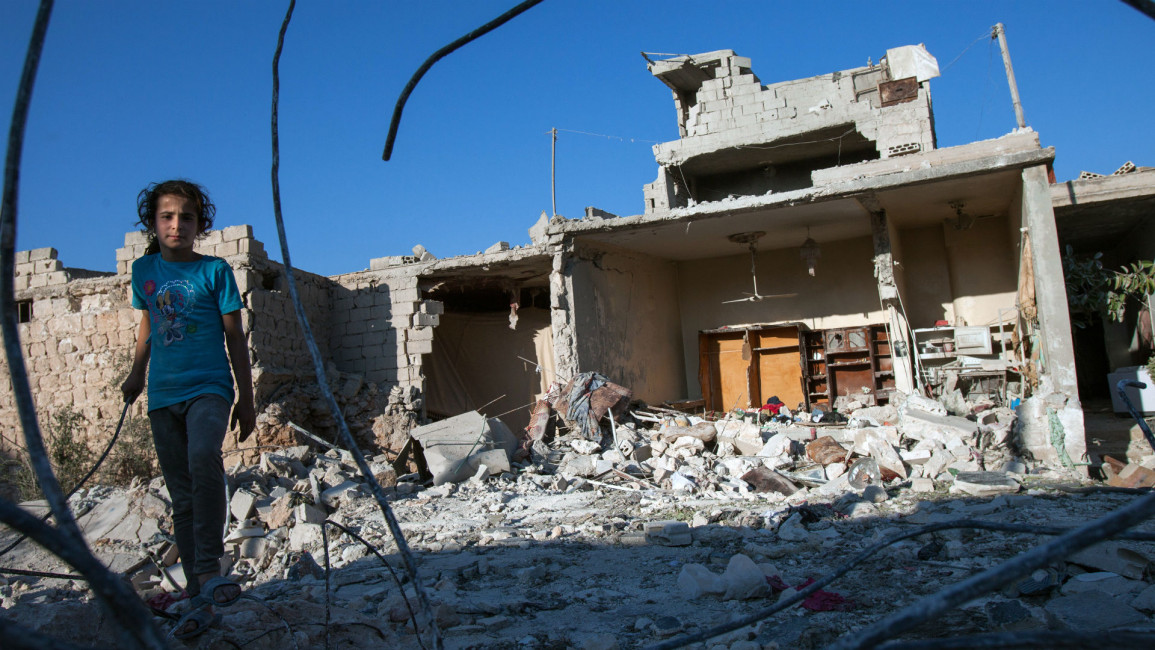UN urges Assad to allow aid to reach 2 million 'in desperate need'
The UN humanitarian chief on Tuesday urged the Syrian regime primarily, but also some rebel groups, to allow the delivery of aid to more than 2 million desperate people in hard-to-reach areas.
Mark Lowcock told the UN Security Council the situation in Idlib - one of the opposition's last remaining footholds in Syria - is "alarming" with airstrikes, clashes between armed groups, overcrowding, and severely stretched basic services.
He said the first convoy in more than two months is due to go to arrive in northern rural Homs on Wednesday, with assistance for nearly 93,000 people.
France's UN Ambassador Francois Delattre called the humanitarian situation throughout Syria "alarming", saying access for relief agencies and aid organisations to deliver humanitarian assistance "is still very much constrained".
In Idlib, he said, there are more than two million people including hundreds of thousands of Syrians evacuated from cities captured by the regime, many who lack "everything" living in over-saturated camps.
"We must do everything we can to prevent Idlib to become a new humanitarian disaster," he said in a statement.
In the Damascus suburbs of eastern Ghouta, Lowcock said the government asked the UN to provide assistance after it retook the former rebel-held area and he released $16 million. But he said the UN has only received authorisation to visit once since mid-March.
The humanitarian chief reiterated the UN's request to facilitate access, saying the government has approved a convoy to aid 70,000 people in the eastern Ghouta town of Douma, but "facilitation letters have not been provided".
Lowcock, the undersecretary-general for humanitarian affairs, said the 2 million Syrians in hard-to-reach areas "in places like northern rural Homs, Douma and southern Damascus are some of the most desperate in the country".
So far this year, he said, only six convoys have reached those area helping 169,000 people, "less than 20 percent of the people we would like to be reaching".
Lowcock urged the Security Council to support his office's efforts to ensure "safe, unimpeded and sustained access" to those Syrians in greatest need.
The Syrian war began when the Baath regime, in power since 1963 and led by President Bashar al-Assad, responded with military force to peaceful protests demanding democratic reforms.
This triggered an armed rebellion fuelled by mass defections from the Syrian army.
According to independent monitors, hundreds of thousands of civilians have been killed in the war, mostly by the regime and its powerful allies, and millions have been displaced both inside and outside of Syria.
The brutal tactics pursued mainly by the regime, which have included the use of chemical weapons, sieges, mass executions and torture against civilians have led to war crimes investigations.



